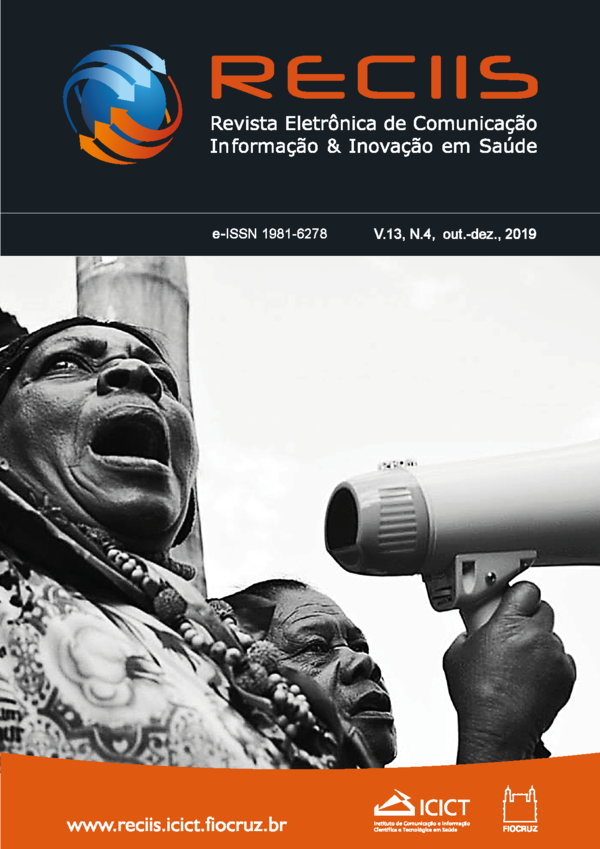Lekil kuxlejal: Good Living in the autonomous health of the zapatista movement
DOI:
https://doi.org/10.29397/reciis.v13i4.1856Keywords:
Autonomous health, Health promoters, Zapatista movement, Anthropology of health, Mexico.Abstract
The Zapatista Army of National Liberation (EZLN, in Spanish) and its bases are formed predominantly by indigenous languages living in the region of Chiapas, Mexico. The movement builds a profound experience of autonomy, which goes through different dimensions of collective life. In this article, we intend, from a fieldwork carried out in the region, to focus on autonomous health. The conception of health is closely related to the notion of land, since in order to have health it is necessary to belong to a cosmos, permeated by mutual respect between the most different beings, in a constant struggle to ennoble the ch’ulel (spirit) and thus to walk to the lekil kuxlejal (Good Living). To put these principles into practice, healthcare is carried out by autonomous health promoters and communal assemblies.
Downloads
Published
How to Cite
Issue
Section
License
Author’s rights: The author retains unrestricted rights over his work.
Rights to reuse: Reciis adopts the Creative Commons License, CC BY-NC non-commercial attribution according to the Policy on Open Access to Knowledge by Oswaldo Cruz Foundation. With this license, access, download, copy, print, share, reuse, and distribution of articles is allowed, provided that it is for non-commercial use and with source citation, granting proper authorship credits and reference to Reciis. In such cases, no permission is required from the authors or editors.
Rights of authors’s deposit / self-archiving: The authors are encouraged to deposit the published version, along with the link of their article in Reciis, in institutional repositories.












